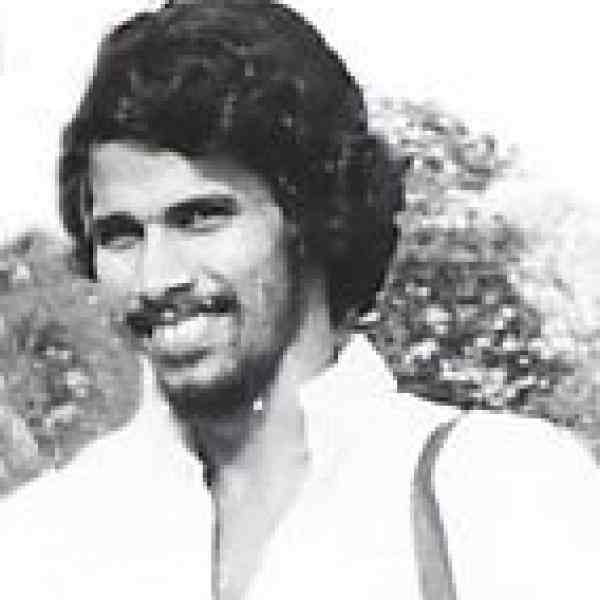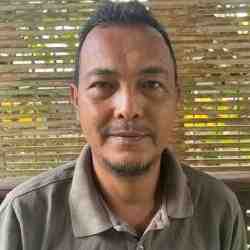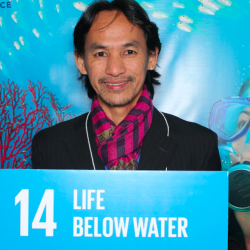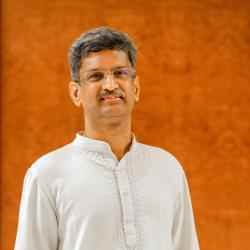Nowy pomysł
To establish stable, agriculture-based cottage industries for tribal, migrating families of the Mayurbhanj District, and improved farming techniques.
Problem
The tribes are basically subsistence farmers, little or no education; and no knowledge of land resources or maintenance. The surplus people of the tribe usually work as bonded laborers. Other factors which need research are: health, education, family organization and stability; and a source of income within the tribal community. Aditya would use outside resources to begin education in areas such as: soil management, fertilization, irrigation and markets for farm produce. Additionally, Aditya plans to introduce the manufacture of bamboo furniture.
Strategia
Aditya will use his previous experience to initiate the two basic goals of his program. He has previous experience in the bamboo manufacturing business, and setting up an educational system to meet the basic needs of the tribe, children and adults. This educational structure will provide the people with the motivation and skills needed for independence and self-help capacity. The prime factor which Aditya wishes to convey to the tribal people, is that they will be the chief benefactors of their own resources, forests and farms.
The program as currently planned, and in process will have several major impacts on a small, but important segment of the Orissa territory:
Stability: previously there was no overriding concern to remain in one place for long periods of time. With the establishment of permanent agricultural base, the farmers will have a total responsibility for land production and conservation.
The tribes will be in a position to form elective organizations to conduct the affairs of the Community.
Social values will be encouraged by making people feel needed, important, and they will be freed from inertia, which usually leads to the status quo or regression.
Liberation through economic development, education and women's rights as community members.
Osoba
Aditya is a nature of Orissa; the son of a middle class police officer. He has had developmental experience with leading developers in Orissa, and initiated cottage industries, and developed agricultural programs to increase food production, harvest and store seeds which eliminated the necessity for cash outlay of the tribal people. Aditya has organized youth groups to meet informal educational needs, and awareness of their identity, and their responsibility to provide leadership for the tribal families. Aditya held a youth convention in Orissa in 1986. Topics on the agenda included: social justice, the minimum wage. The precepts and social ideals of Ghandi provide the major context.




